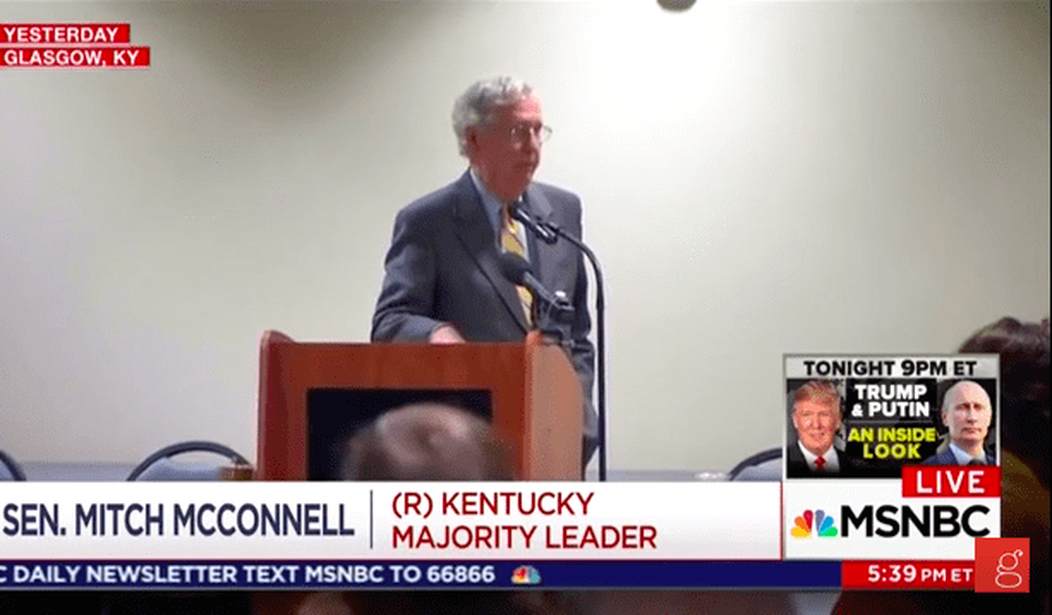WASHINGTON – Sens. Ron Wyden (D-Ore.), Al Franken (D-Minn.) and 29 other lawmakers have asked the Trump administration to abandon plans of eliminating an Obama-era rule that prohibits nursing homes from requiring forced arbitration agreements when admitting residents.
The Democrats in an Aug. 7 letter to Centers for Medicare & Medicaid Services Administrator Seema Verma argued that forced arbitration has produced grim results, citing a wrongful death dispute in Alabama in which one family was awarded nothing despite their claims of negligence. The lawmakers argue that most prospective residents are unaware of the rights they sign away in mandatory arbitration agreements. With nursing home care averaging around $100,000 per year per individual, the lawmakers argued that residents have the right to whatever recourse they need, should a dispute arise. Medicare and Medicaid programs shelled out $82 billion for nursing home care in 2015, according to the letter.
The lawmakers cited a report from The New York Times detailing the death of Roberta Powers, a Birmingham, Ala., resident whose blood showed she had 20 times the recommended level for her diabetes medication. A few days before her death, her daughter, Rochelle, found her sick and vomiting at the nursing home with an alarming amount of pills in her hand. The nursing home in its defense cited mandatory arbitration clauses included in Powers’ contract, and the family was awarded nothing in a case handled outside of court.
“Forced arbitration clauses in nursing home agreements stack the deck against residents and their families who face a wide range of potential harms, including physical abuse and neglect, sexual assault, and even wrongful death at the hands of those working in and managing long-term care facilities,” the lawmakers wrote.
Diane Menio, executive director of the Center for Advocacy for the Rights and Interests of the Elderly (CARIE), in the late 2000s admitted her mother, who has dementia, to a nursing home. Because her organization has dealt with the issue extensively, she immediately noticed the mandatory arbitration clause included in the admissions papers and struck it from the contract.
“The admissions person looked at me and said, ‘I don’t think you can do that.’ I said, ‘Well, you know, I can,’” Menio said in an interview Wednesday. “It’s not that I ever had any intention of suing or thought that there ever would be a problem, but we all know that problems do happen in some cases, and you don’t want to lose your right to justice.”
Menio said that the vast majority of residents have no interest in bilking nursing homes; they simply want the “good care” that they’ve paid for. On other hand, she said, most nursing homes provide the care they’ve promised, but there are “some very bad places.”
“(The facilities) are guarding themselves against litigation,” Menio said. “(The issue is) pretty simple. It’s the right thing not to allow (mandatory arbitration). People should have the right to use whatever recourse they need.”
CMS publicly recognized issues associated with forced arbitration in 2015, stating that “the increasing prevalence of these agreements could be detrimental to residents’ health and safety and may create barriers for surveyors and other responsible parties to obtain information related to serious quality of care issues.” That year, 34 senators raised the issue with CMS, and the office agreed that residents might feel coerced into signing papers during the admissions process without fully understanding the agreement. CMS later initiated reforms.
The Trump administration proposed eliminating the Obama rule and suggests implementing transparency measures for arbitration clauses, requiring that the agreements be written in “plain language.” The transparency measures would also require residents to confirm that they understand the documents.
“The only truly transparent arbitration agreement is one that is voluntarily signed, after a dispute has arisen,” the letter reads.









Join the conversation as a VIP Member